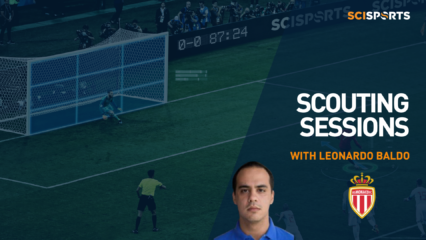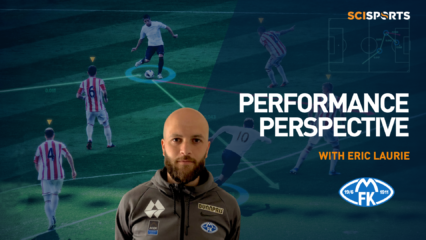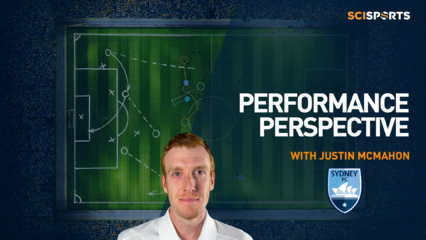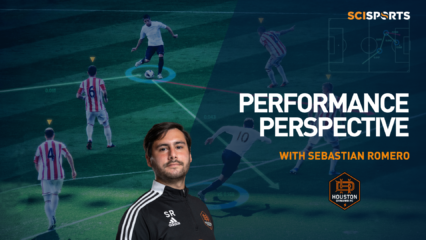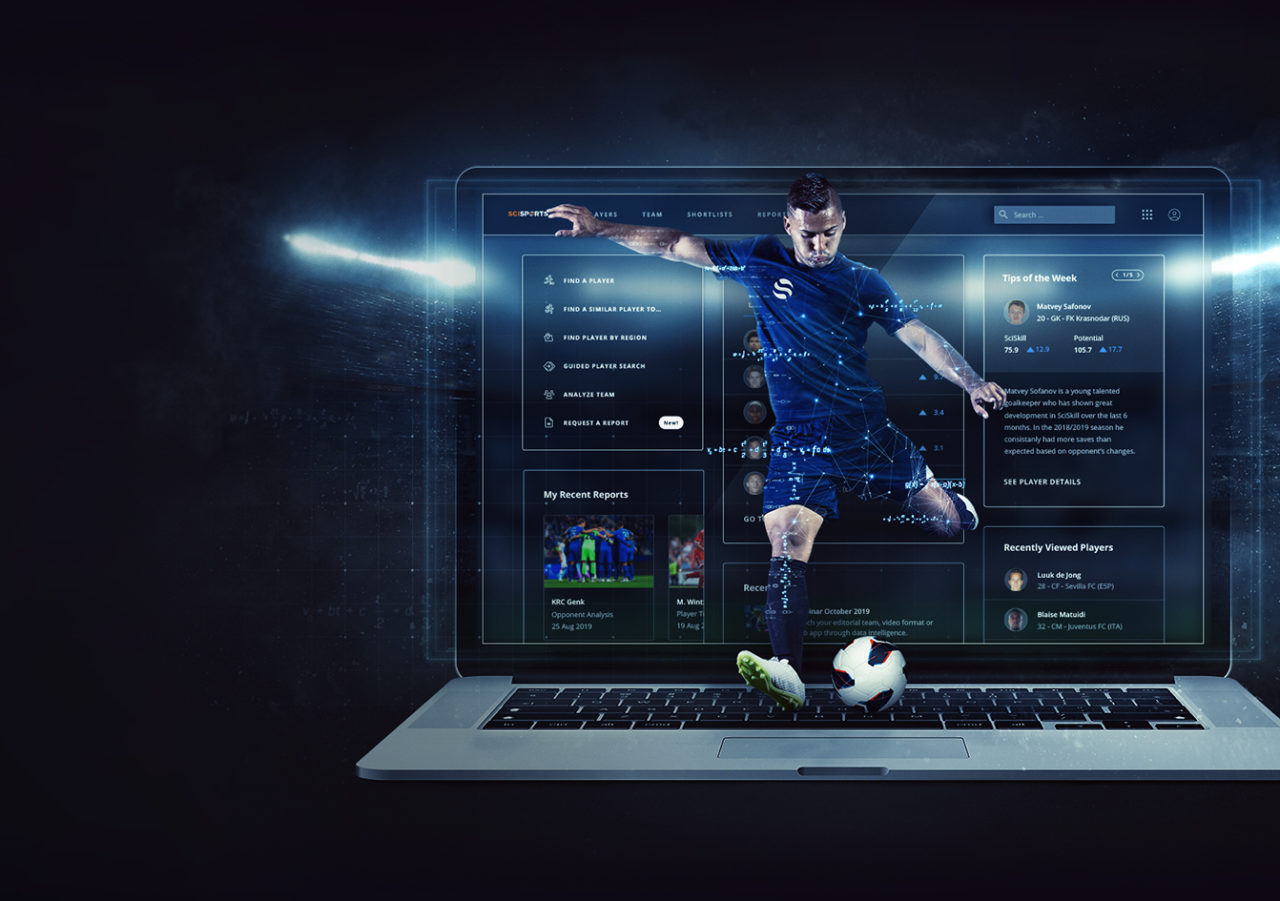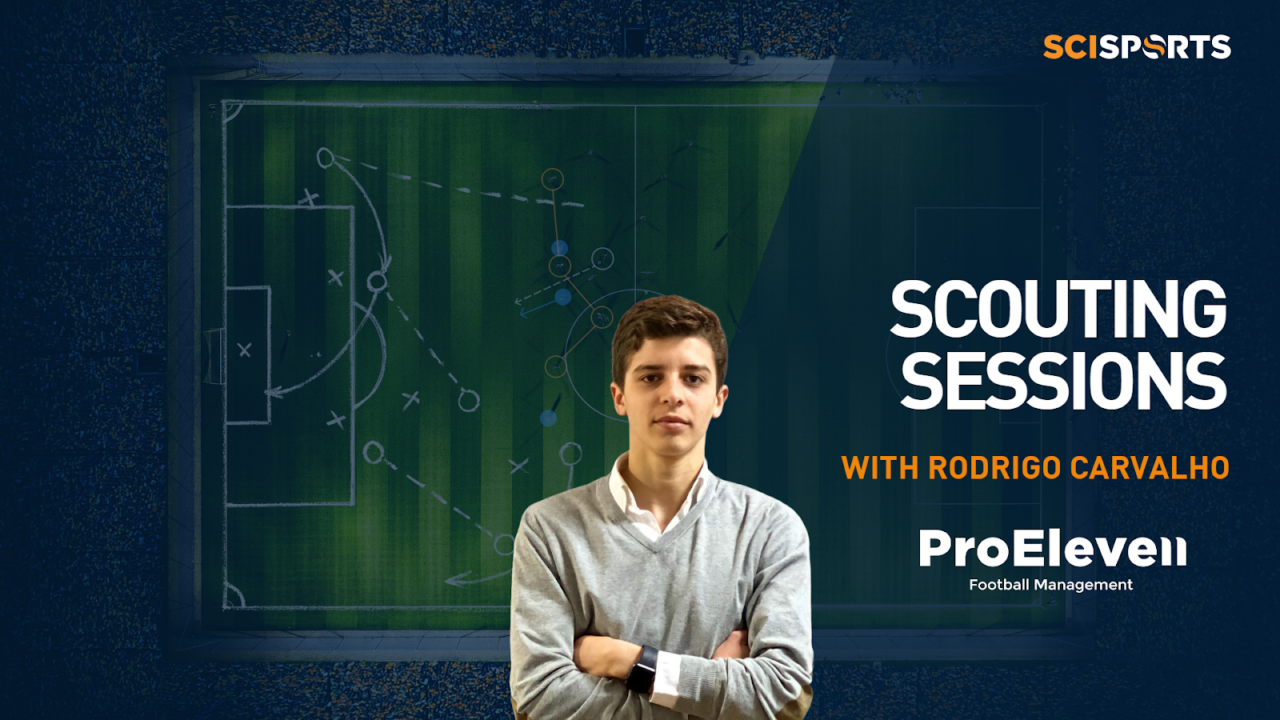
Scouting Sessions is an online series brought to you by SciSports that picks the brains of some industry-leading scouts, analysts and key decision-makers within professional football.
Football as an industry has faced unique challenges in recent years and such a fast-developing field of the professional game is scouting. Clubs, agencies and other parties all face challenges in such a competitive circle which makes effective practices and strategies all the more important.
Throughout this series, we will be talking to people right at the top of their game in data intelligence, scouting and player recruitment.
In the first post of Scouting Sessions, we sat down with Rodrigo Carvalho of ProEleven to discuss data usage in football, getting a competitive edge and much more.
After more than 20 years in the football industry, ProEleven is one of the biggest agencies in Europe. The agency currently represents players who play in the Premier League, Bundesliga, Serie A, Ligue 1 as well as some of the best coaches in the world.
With a professional role stretching across multiple departments, Carvalho shares his views on data usage in football, creating a clear strategy and ensuring that context is always added alongside the numbers.
Using data intelligence at ProEleven
The introduction of data-driven insights into the football industry has reached many levels. In the world of agencies, the use of data can provide a highly valuable tool and one that Carvalho himself uses on a daily basis working as a Sports Manager and Business Analyst within ProEleven.
“At the moment I’m the middle man who blends data analysis and live scouting to provide accurate analysis to our coaches, players and to advise clubs over transfers. This requires me to watch a lot of matches, players in different leagues, be fully updated from the news and be in contact with people from all over the world.
“At ProEleven we apply data analytics in multiple processes in our day-to-day. Currently, we work the most with match sheet and event data to give us insights for our recruitment- and scouting processes. We are also starting to work with tracking data that is provided by our player´s club.”
How SciSports supports ProEleven in the market
With support of the SciSports Recruitment Application, Carvalho points out how it helps both he and his colleagues on a daily basis. Through directly aiding their day-to-day processes, they are able to streamline their processes in the best way possible.
“The SciSports platform helps me get to know and understand the player market in different countries and leagues. This is extremely helpful since we have several partners around the world, but we don’t have a scout in every country and receive around 20/30 different players each day.
“For me and ProEleven’s Sport Managers it’s impossible to watch every match around the world. Therefore, the SciSports platform gives us a very useful overview of high-quality and high potential players in each league through data… we are able to cover the player market worldwide and get new insights and signals on player qualities.”
Through the use of metrics such as SciSkill, Performance and Player Roles, Carvalho and the ProEleven team are able to view the transfer market in a comprehensive way. However, as Carvalho goes on to discuss, balancing these data-driven elements with more intangible factors is equally important.
Balancing football language with data language
“Nowadays, all the quantitative information and data is out there available for most of the clubs and agencies. The hardest thing is to convert all this data and information into useful knowledge that can help you minimize the risk of your decision-making. One of the key questions we try to answer in our scouting and recruitment process is the mental profile of the player.”
By using data to minimize the risk involved in the transfer market, Carvalho aims to cover all bases in terms of recruitment strategy. However, an equally important consideration is being able to balance that with other factors that agencies deal with. As he points out here, Carvalho has a clear process in place for being able to balance those considerations.
“I have a philosophy that is to try and understand three Ps. Player, person and placement, because all of them are important to complete a successful signing and for our recruitment process. This means that you need to analyze the player, if the person fits into your values and philosophy and also study the market and which leagues and styles of play fits the player.
“I sometimes say that our job is to be an architect of football. We need to try and understand which player and person fits a certain context. The same for an architect: They need to understand which buildings fit one environment. For example, if we put Big Ben or the Kölner Dom in Porto, it wouldn’t look as beautiful as it does in London or Cologne, the same applies to a player.”
Gaining a competitive edge through data and its future in football
As one of the most reputable agencies in Europe, ProEleven has a big pool of clients across the world’s game. Supporting players, coaches and clubs – including high profile names such as Diogo Dalot and André Villas-Boas – is a process that requires balance across different elements of the game. However, Carvalho believes that this type of role requires data in the early stages of the process.
As he concludes here, Carvalho makes it clear that data should not be the fundamental tool behind decision-making processes but should indeed be part of the process in some way.
“The decision-making process should ideally combine subjectivity and objectivity. In my opinion we should always question whether we are looking at the right data, and we should also question the prediction of the scout. But especially in the early stages of the scouting process, data is very useful.
“Data analytics shouldn’t be the key factor for the decision-making process still, but it should gradually have an increase of its power in the decision-making processes. Those who are turning their back to data will lag behind.
“Nowadays the vast majority of clubs use small or big data. Just like the vast majority of us have a smartphone. In my opinion the future is what comes after data, just like what comes after a smartphone. In the short-term it’s likely to be based on data efficiency and artificial intelligence. After that… What will give individuals in football a competitive edge? I don´t know yet, but I’m curious to find out.”
RECRUITMENT
RECRUITMENT

PERFORMANCE ANALYSIS
PERFORMANCE ANALYSIS


